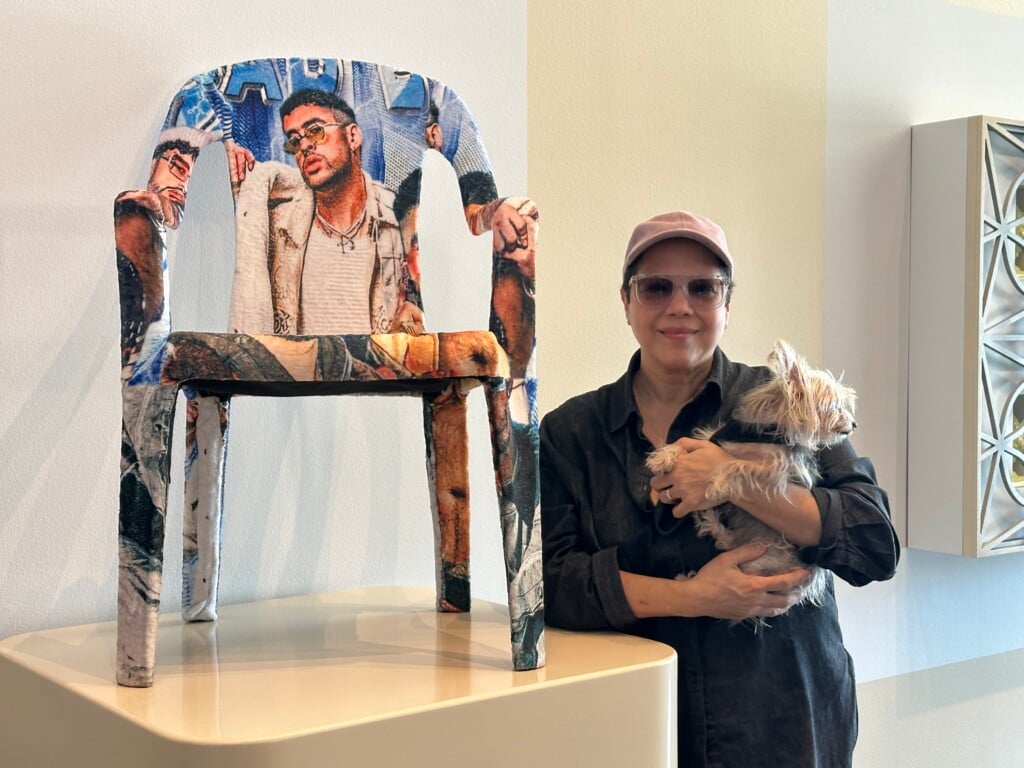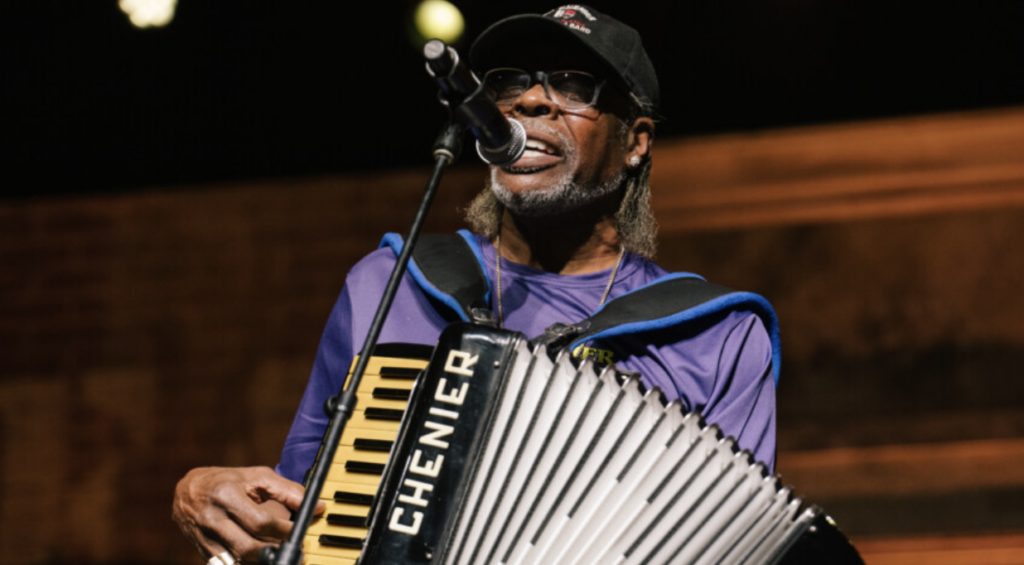Annum Terriblus

As supergroups go, Year Long Disaster, which includes the former Karma to Burn bassist, Third Eye Blind’s drummer, and a kin of the Kinks, isn’t high-wattage. It’s fortunate, then, that this power trio isn’t a calculated experiment, a fantasy-football-style combination of theoretically compatible players. YLD sounds like what it is: A rock band with origins that can be traced to a chance meeting in the alcohol aisle.
Daniel Davies, son of Kinks guitarist Dave Davies, stumbled into Rich Mullins, erstwhile bassist for the groove-rock instrumental act Karma to Burn, while perusing the booze at the Los Angeles grocery store Pavilions. Music turned up somewhere during their initial conversations, among references to movies and drugs, but the duo didn’t start playing together for a week. Instead, they pooled their addictions and started covering the entire drug-abuse spectrum. This was 2003, the ill-fated year that gave the group its name.
Crack doesn’t enjoy a glamorous reputation as a rock-star drug, but, Davies recalls, “It was pretty predominant with us. We did plenty of the other ones, too … like, I don’t know, is heroin considered the rock drug?”
When they realized that their encyclopedic narcotic consumption was jeopardizing genuine musical chemistry, Davies and Mullins sought rehab guidance from the MusiCares Foundation. They spent six months in a halfway house, and they’ve stayed sober since checking out in December 2003.
While preparing for a bar gig in Glendale, Arizona, Davies and Mullins became musically infatuated with the drummer for their opening act, Hours and Minutes. After watching that group’s evidently overqualified drummer pound out arena-caliber beats, the duo passed along their phone number and a request to jam, learning only later that the mystery percussionist was Brad Hargreaves, moonlighting from Third Eye Blind in a high school friend’s band.
Hargreaves received the note and was curious to check out his recruiters.
“They had such a completely different sound than what anyone was doing,” he recalls. “I just listened to the kick-ass riffs, and when I saw Rich doing his rock stance, with his ass three inches from the stage, I was just like, ‘Sure.'” The Kinks link, which he discovered after making his initial decision, only sealed the deal.
“Six months earlier, Third Eye Blind played the Kinks on the show American Dreams,” he says. “It seemed like more than a minor coincidence that an actual member of the Kinks family would enter my life.”
That’s the improbable story of YLD’s formation, but Davies has many more tales to tell. Starting at an age that predates his ability to form lucid memories, he was on the road with the Kinks’ singers and songwriters, his father, Dave, and his uncle, Ray.
“Weird things come back to me, like picking the nuts off a pizza at a hotel in New York, because no one in England would put nuts or spinach on a pizza,” he says. “I remember playing Pac-Man on the bus and staring out the clear back window, just watching cities go by.”
The Davies brothers didn’t teach him a note during these cross-country trips. “They would tell me, ‘It’s cool for you to do it, but I’m not going to show you how because you need to figure it out on your own.’ That’s how they learned, just by pushing each other. Maybe it wasn’t the best for their regular relationship, how hard they pushed each other, but it was great for the music.”
Another renowned relative provided the first shove. Soon after Davies learned his first chords from an instructional book, godfather John Carpenter, with whom he lived throughout his teen years, exposed the fledgling player to a pivotal influence. A respected composer, most notably penning the blood-chilling score for his own horror classic Halloween, Carpenter introduced Davies to the bearded kings of bawdy blues.
“John was really into ZZ Top,” Davies says. “He’d always play it when we’d drive to the beach, and that was so exciting for me. I was 13, just starting puberty, and hearing all those songs about sex, it really teaches you about that stuff.”
YLD’s self-titled debut EP conjures images of the beer-drinking, hell-raising ZZ Top that released six scorching albums in the ’70s. While the rhythm section stomps and swaggers, Davies uncorks his best Robert Plant impersonation, which occasionally drifts into a strangled falsetto.
“I’ve become more aggressive and less wavery since the record was released,” he says. “When we’re playing live, I flail about. It’s intense. It’s rockin’.”
From Hargreaves’ perspective, Third Eye Blind concerts could be intense, with thousands of fans screaming along with every word, but he didn’t have much freedom to inject splashy solos or cap songs with extended fills. Fans were emotionally invested in these songs the way they learned them, and they didn’t want to hear any improvisation. This ran contrary to his jazz and progressive background, but then, that’s why he originally gave Third Eye Blind a chance.
“I’ve always been into challenging myself musically, and here was this group that needed a rock drummer, which was something I hadn’t been doing at all,” he says. “With YLD, I’m back to having to play great every single night, or else I’m wasting my opportunity. It’s a new challenge that’s fun to try to live up to.”
Venues such as Fred P. Ott’s don’t accommodate stadium-sized equipment, so Hargreaves travels with a “funky old kit” that until recently sported just one cymbal. The back-to-basics setup works well for a drummer returning to his initial inspirations.
“When I first started, I was listening to Jimi Hendrix, ZZ Top, Led Zeppelin,” he says. “It’s great to be getting back to that kind of music. I saw School of Rock, and all those things they were saying about the Who, it’s like, nobody knows about those bands these days. I almost feel it’s my duty to help kids rediscover classic rock. Can you imagine if you were 14 years old and heard Black Sabbath for the first time, how good you would feel?”
Though admittedly derivative, YLD’s music sounds fresh, perhaps because of the passion behind it. C.S. Lewis wrote, “In art, no man who bothers about originality will ever be original.” Similarly, this trio works as a supergroup because originality isn’t its aim.
“You meet somebody at a grocery store, and you wind up going through all these crazy things with them,” Davies says. “You go to a show, say, ‘That guy’s great’ and get him in the band. It’s so organic, so cool to think about how things like that can happen.”




